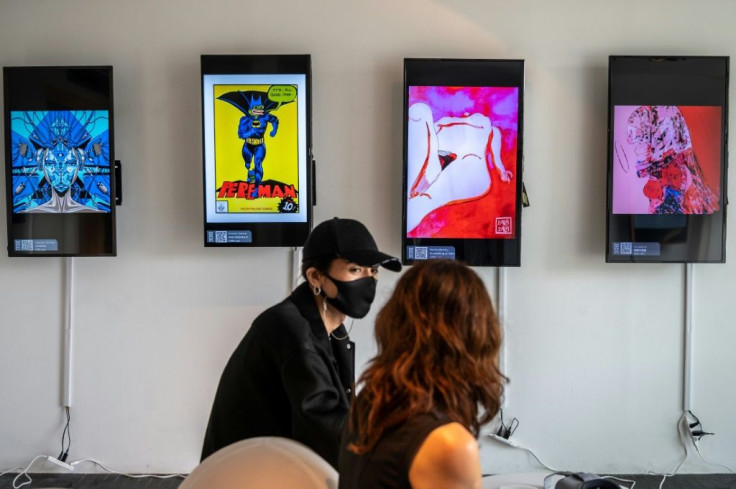Digital Crime: Thieves Steal Artworks And Sell Them As NFTs
KEY POINTS
- Thieves tried stealing artworks and selling them as NFT
- Multiple artists complained about getting their creations stolen
- NFT is a new technology with some hiccups, which malicious actors take advantage of
Non-Fungible Token or NFT has attracted a lot of attention over the past months with successful sellers raising millions of cash from internet asset auctions and thus becoming overnight millionaires. This prompted many malicious actors to come up with clever and inventive ways to get a shot at their luck in the trend, including stealing artworks and selling them as NFTs.
NFT is a type of digital certificate that radically changed the world of digital currencies. It is possible to prove one's ownership or the asset's authenticity through the blockchain network.
However, since it is technology, there are still undetermined obstacles or drawbacks or hitches, which leave room for criminals and other malicious actors. This is what happened to digital artist RJ Palmer who has built his career for a long time.

As a digital artist, Palmer worked for different video game companies and uploaded his artwork to online galleries like DevianArt. One day, he was surprised by an avalanche of notifications from his gallery informing him that a thief stole all of his works.
He also learned that his artworks have been uploaded to OpenSea, which is a popular platform for buying and selling NFTs using cryptocurrencies. DeviantArt revealed that over 11,000 pieces of art were stolen between July and September of this year.
This is how much of my work was stolen and minted as NFTs just today. The DeviantArt NFT protection is great but man this sucks to see. pic.twitter.com/uNHinQsAGV
— RJ Palmer (@arvalis) November 23, 2021
The same happened to the late Canadian artist Qing Han, more popularly known as Qinni. The digital artist, known for her impressive illustrations of the Japanese anime series "Cardcaptor Sakura," lost her battle with cancer at the age of 29.
Following her death, thieves stole the artist's identity to sell NFTs of her artwork. "An account on Twinci, an app that markets itself as the first NFTs social marketplace, listed one of Qing’s more popular pieces, titled "Bird Cage," Wired reported in July.
Professional illustrator and comic book artist Derek Laufman also had his work stolen on the popular platform Rarible. "This is 100% NOT me. I thought the point of NFT was that the artwork and artists needed to be verified? Apparently super easy to scam people. What a joke that platform is," Laufman tweeted last March.
A Russian artist who goes by the name Weird Undead also cried foul when she learned that her artwork, which she previously tweeted, is up for auction on OpenSea. She filed legal notices to the platform, which resulted in the token disappearing from the auction site.
I tried to ignore whole #NFT hysteria but WHAT THE FUCK
— 🕊️ don't give up, skeleton (@WeirdUndead) March 9, 2021
I don't give any permission (ESPECIALLY to random jerks) to make tokens from my content and I feel so angry pic.twitter.com/E9UKF1AXug
© Copyright IBTimes 2024. All rights reserved.












